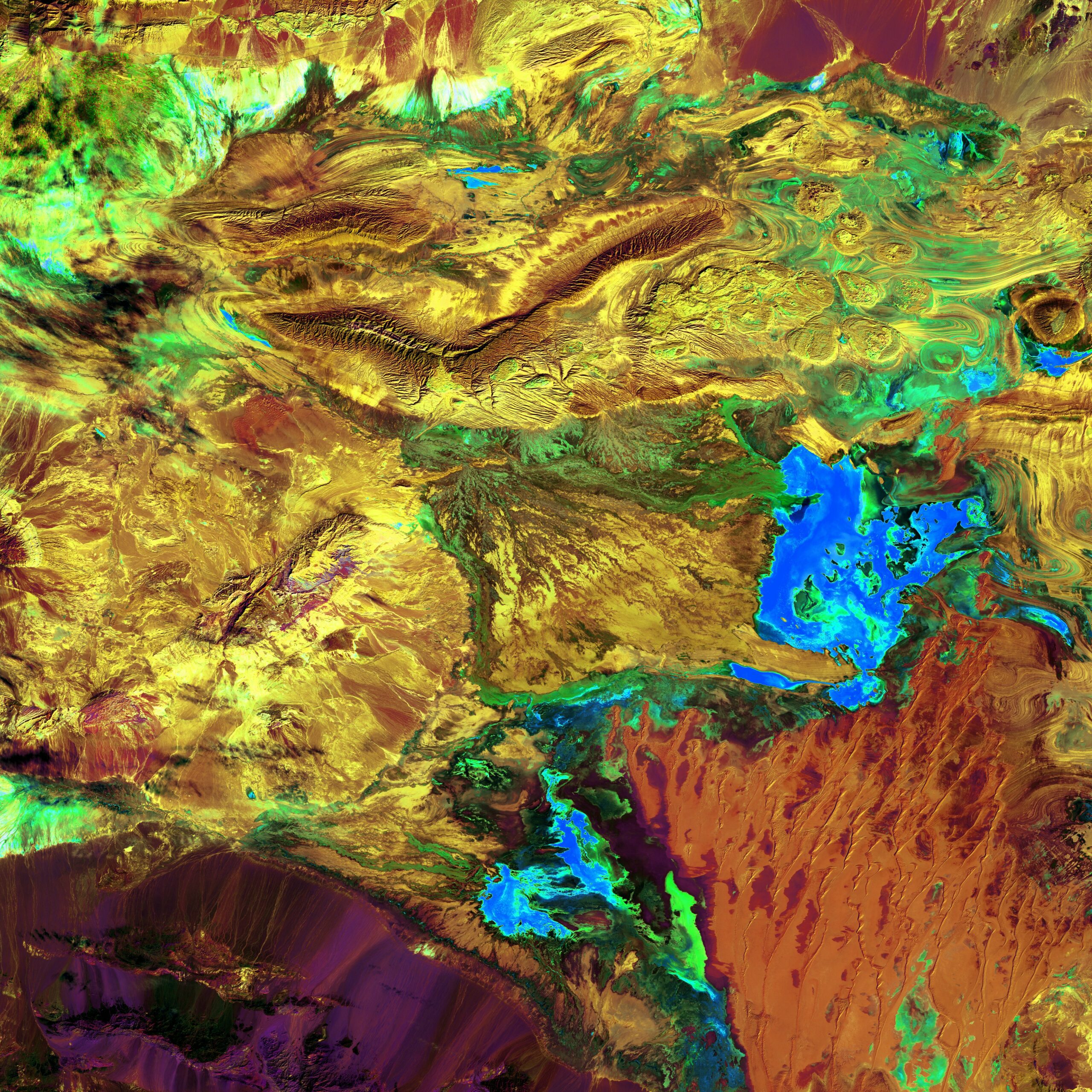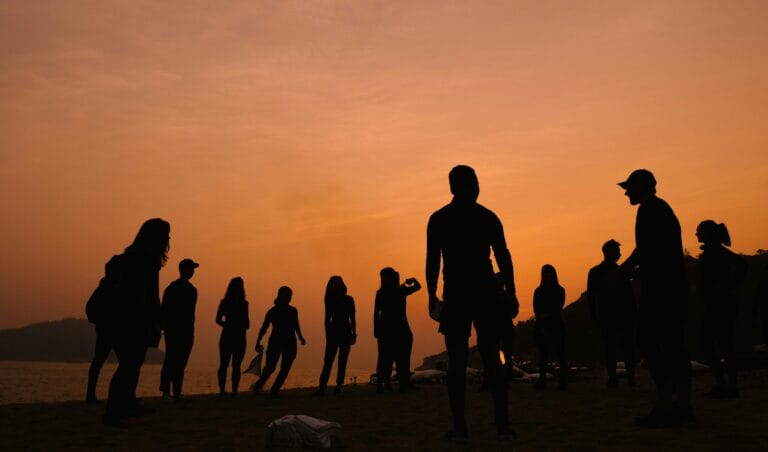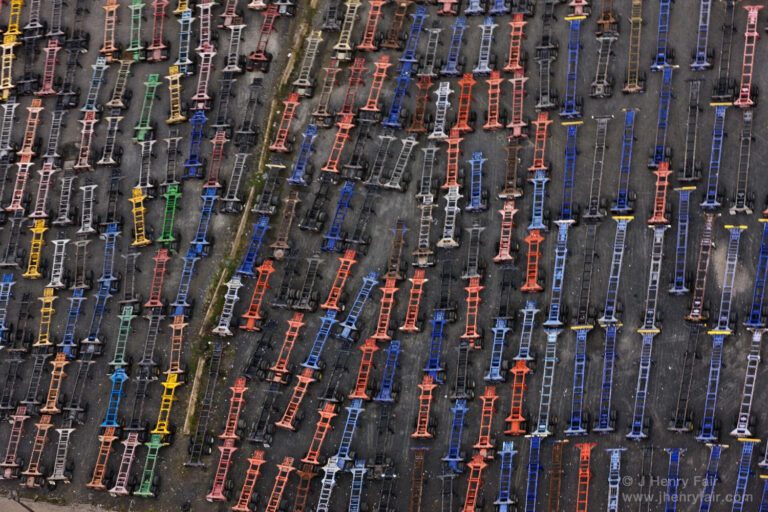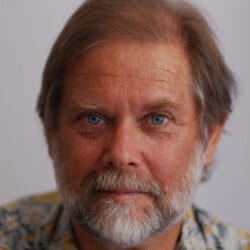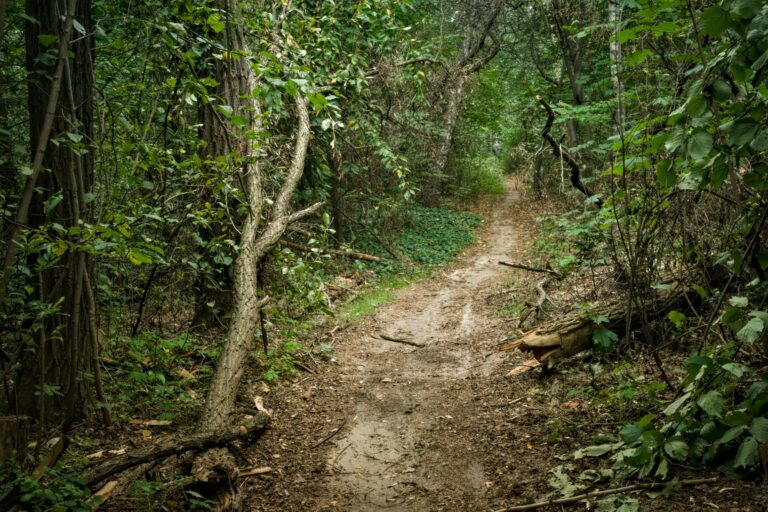Covid-19 and the climate crisis have forced us to acknowledge that we are not separate from the world. The heroic stories of eternal ascension, human supremacy, white supremacy, male supremacy and western supremacy don’t provide the necessary answers any more. These ideologies have torn wounds into the fabric of the world that are so deep that they can’t be healed by ordinary medicine. Most of us have become colonisers and colonised at the same time.
Recently we have seen some of the monuments to these ideologies tumble and fall. But we also have to ask what is engraved in us. How do we deal with the monuments that have been erected in our western minds during all these years of socialisation? What damage has been caused by introjected narratives and values? They are difficult to relinquish because they have become part of who we think we are. Collective amnesia and anaesthesia are symptoms of a pandemic of the western mind, covering up the emptiness and soullessness that western lifestyles engender. This emptiness and loneliness creates a hunger that makes us devour the world without ever being satisfied.
Good mental health is mostly regarded as the ability to function symptom-free within the capitalist paradigm. Many collective aspects of suffering stay well-hidden by the cultural privatisation of the psyche, which views this emptiness as an individual shortcoming, privately owned. It can then be worked on in self-improvement seminars or wellness retreats. In a personalised psychology the problem becomes interior and we try to fix or eradicate that which brings derangement to our door. But what if this derangement is not a dysfunction but the last frayed memory of what the human soul really longs for?
Good mental health is mostly regarded as the ability to function symptom-free within the capitalist paradigm.
Many psychological shifts occur as a result of experiencing adversity. This entails a willingness to ‘stay with the trouble’ and face the derangement that is necessary for any maturation process to occur, including the maturing of a culture.
There is much debate in the ecological community on how information should be presented in order to mobilise people. The assumption that we will change because of information or out of a sense of duty for the Earth, other species or the future of our species is prevalent, despite evidence that it has not been successful in the 50 years that we have known about climate change, while CO2 levels kept rising. The irrational, chaotic human responses and the psyche’s capacity for fragmentation, denial, dissociation and numbing in the face of personal and collective trauma are not taken into account. This exclusion of the psychological dimension is a myopia that costs us dearly.
A radical step may be to pause for a moment and to admit that we are lost. Uncertainty is an uncomfortable position to hold in a culture that is based upon control. When the known reality is crumbling, the temptation is to grasp for surety, circumventing the necessary descent and the fostering of the ability to bear the unbearable void where the new is not yet in sight. For many, even certainty of catastrophe is easier to bear than uncertainty.
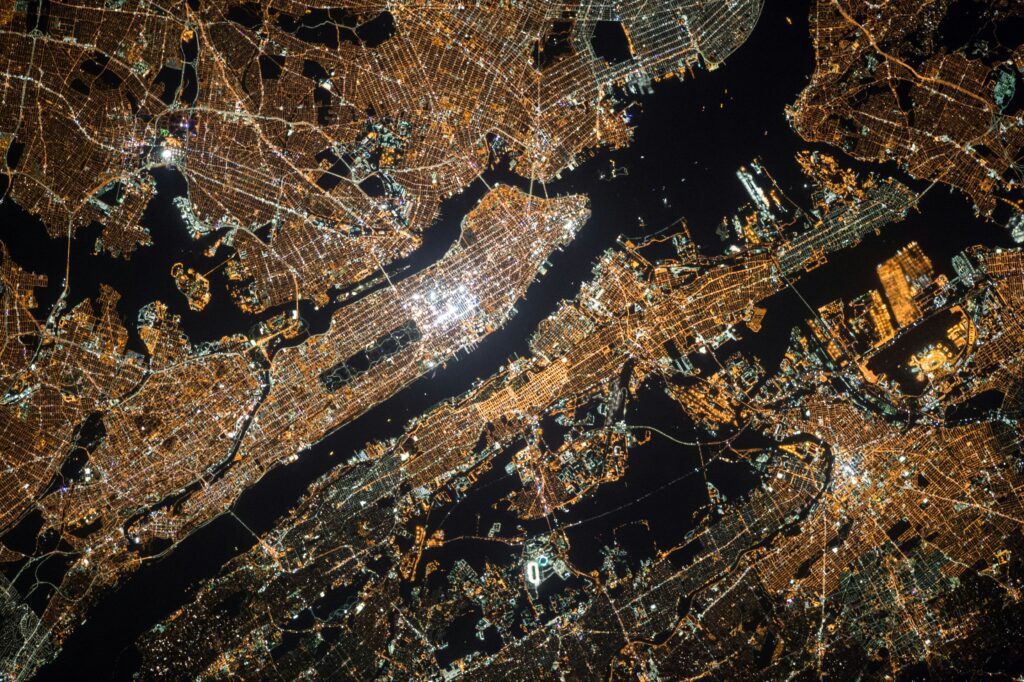
Gestalt therapy postulates that creative energy emerges out of the fertile void, and Buddhist philosophy talks about the nothingness that gives birth to worlds. Derangement and disorientation are not states we would ordinarily choose, but they are necessary catalysts in the maturation process. For fundamental change to happen, the toxic normality needs to be deranged, rigid structures have to be dissolved, so that things can come out rearranged. Acknowledging that we are lost forces us to acknowledge that we are not in control any more and leaves us with no choice but to reorient ourselves. It is in these times that we truly experience that not everything is resolvable in linear fashion.
This maturational crisis requires individuals or cultures to master two opposing things: to provide a strong psychological holding container so that there is no collapse into fragmentation, polarisation or psychological breakdown, and at the same time to allow rigid structures and values to crumble and dissolve.
Without containment, experiences of derangement become traumatic, and I suggest that this is where we are currently. In a traumatised culture, only a certain aspect of society is free to develop, whereas parts of the culture remain frozen and dissociated, or hyperactivated and reactive. In this ‘traumasphere’ polarisations increase, our ability to respond calmly is inhibited, and the maturing of the collective culture is impossible. Only if we apply a trauma lens can we see that what looks like a lack of care may in fact be an unconscious adjustment to collective overwhelm. It is not cognition, but relationship, community and a reconnection of exiled parts that brings healing into traumatised systems. Collective trauma needs a collective container for collective healing. This is a process of literal re-‘membering’ of that which has been torn apart, turning towards the wounding in the collective culture in order to be free from its long shadows. It is an act of cultural soul retrieval.
The psychologist James Hillman emphasises the importance of recognising that the biggest part of soul lies in the world and therefore can only be accessed through engagement with the world. Rather than focusing on our own suffering, he encourages us to recognise that “the buildings are sick, the institutions are sick, the banking system’s sick, the schools, the streets – the sickness is out there.”
So, if that’s true, in order for me to know my soul, I need to know what I am entangled with. It puts me in a conversation with what lies out- side of me, whatever this ‘other’ is. It could be another human, but it could also be a stone, a river, a mountain. The word for ‘soul’ in Latin is anima, so we are talking about re-entering a world where it is not we who are ensouled, but the world. And for me to know soul and for the culture to know soul, we have to enter the conversation. This would entail a courtship, a meeting in which we speak a different language, one that is not a progress-fixated rant, but a softly spoken language, one with fewer words and longer silences.
What if this derangement is not a dysfunction but the last frayed memory of what the human soul really longs for?
To re-ensoul is to shift from a notion of psyche that lives in our chest to an understanding that we dwell within a wider psyche of starlit nights, oak root and thunderstorms, or – as for many –that we dwell in a wider psyche of manicured lawns, car parks, shopping centres and neon lights.
But this soulful other is not just found in Nature. The idealisation of Nature as the locus of untouched innocence as opposed to the corrupted city is an artificial divide that maintains the same fundamental split as the notion that there are Indigenous and non-Indigenous people. We are all descended from Nature and we all have Indigenous roots. The belief that we need to turn to the last untouched places in Nature in order to find soul creates devastation and soullessness in our urban environments and risks destroying the last vestiges of wilderness to feed our hunger. So the great turning is not a literal turning to flock into Nature. It is a turning of our attention towards a soulful engagement with the world. It is the capacity to move from the skin boundary to a state of interbeing, and to fluidly hold both the unknown vastness out there and the experience of this singular point of contact in this unique body. It is the capacity to step out of this anthropocentric bubble and to allow ourselves to be touched, known and undone by a non-human other.
It is in this territory that we encounter the fierce love and reverence that we may need to hold us steady while we undergo derangement.
In that sense, we can remember that we are never alone. We are always in community, always connected to something vast and immense. I believe this is what we really hunger for.
This article was first published in Resurgence & Ecologist Issue 327, July/August 2021. It is reprinted here with permission.

